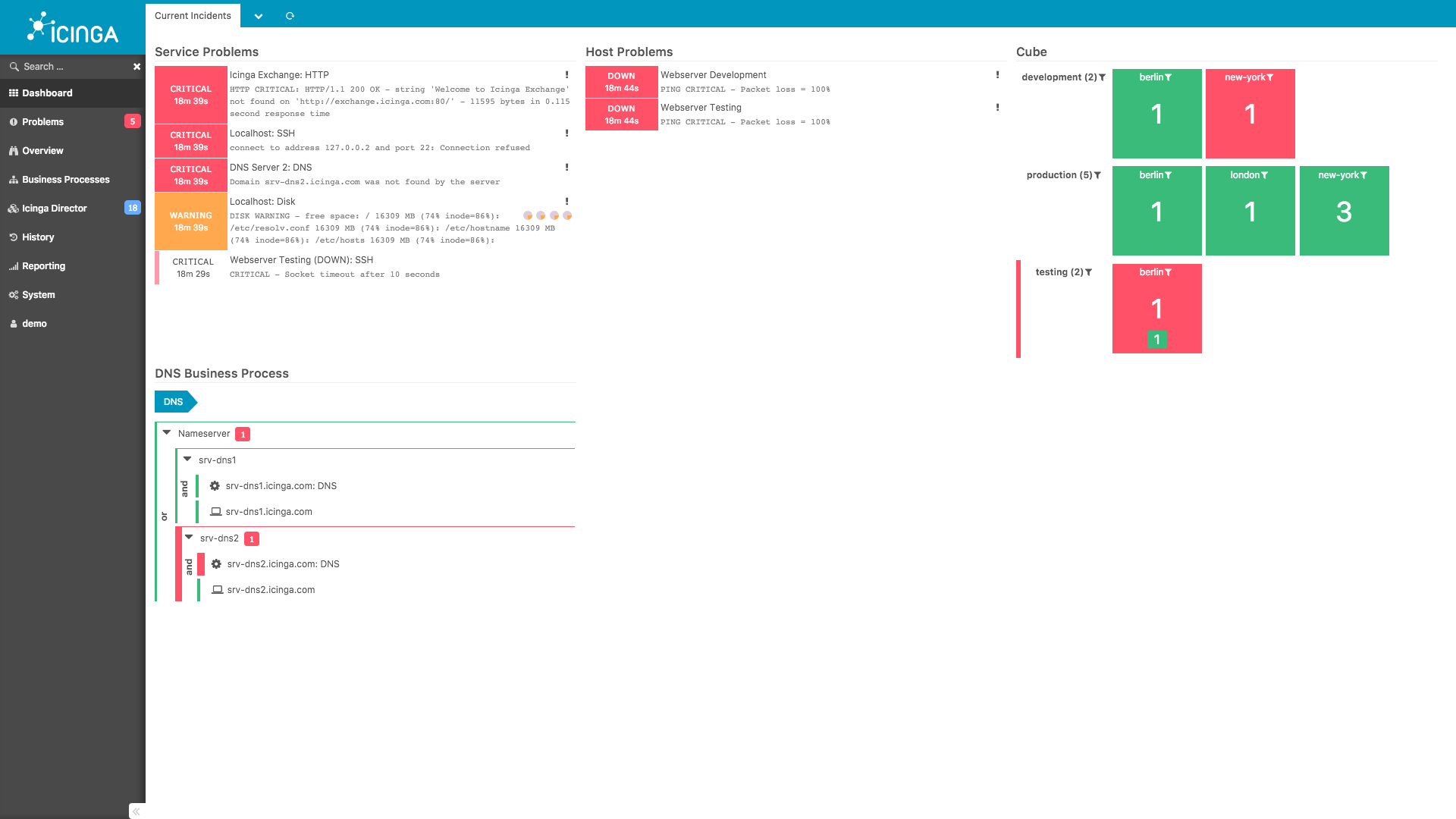The previous implementation actually had undefined behavior when called with a double that can't be represented as time_t. With boost::numeric_cast, there's a convenient cast available that avoids this and throws an exceptions on overflow. It's undefined behavior ([0], where the implicit conversion rule comes into play because the C-style cast uses static_cast [1] which in turn uses the imlicit conversion as per rule 5 of [2]): > A prvalue of floating-point type can be converted to a prvalue of any integer > type. The fractional part is truncated, that is, the fractional part is > discarded. > > * If the truncated value cannot fit into the destination type, the behavior > is undefined (even when the destination type is unsigned, modulo arithmetic > does not apply). Note that on Linux amd64, the undefined behavior typically manifests itself in the result being the minimal value of time_t which then results in localtime_r failing with EOVERFLOW. [0]: https://en.cppreference.com/w/cpp/language/implicit_conversion#Floating.E2.80.93integral_conversions [1]: https://en.cppreference.com/w/cpp/language/explicit_cast [2]: https://en.cppreference.com/w/cpp/language/static_cast
Icinga 2
Table of Contents
About
Icinga is a monitoring system which checks the availability of your network resources, notifies users of outages, and generates performance data for reporting.
Scalable and extensible, Icinga can monitor large, complex environments across multiple locations.
Icinga 2 is the monitoring server and requires Icinga Web 2 on top in your Icinga Stack. The configuration can be easily managed with either the Icinga Director, config management tools or plain text within the Icinga DSL.
Installation
- Installation
- Monitoring Basics
- Configuration
- Distributed Monitoring
- Addons, Integrations and Features
- Troubleshooting
- Upgrading
Once Icinga Server and Web are running in your distributed environment, make sure to check out the many Icinga modules for even better monitoring.
Documentation
The documentation is available on icinga.com/docs.
Support
Check the project website for status updates. Join the community channels for questions or ask an Icinga partner for professional support.
License
Icinga 2 and the Icinga 2 documentation are licensed under the terms of the GNU General Public License Version 2, you will find a copy of this license in the COPYING file included in the source package.
In addition, as a special exception, the copyright holders give permission to link the code of portions of this program with the OpenSSL library under certain conditions as described in each individual source file, and distribute linked combinations including the two.
You must obey the GNU General Public License in all respects for all of the code used other than OpenSSL. If you modify file(s) with this exception, you may extend this exception to your version of the file(s), but you are not obligated to do so. If you do not wish to do so, delete this exception statement from your version. If you delete this exception statement from all source files in the program, then also delete it here.
Contributing
There are many ways to contribute to Icinga -- whether it be sending patches, testing, reporting bugs, or reviewing and updating the documentation. Every contribution is appreciated!
Please continue reading in the contributing chapter.
If you are a packager, please read the development chapter for more details.
Security Issues
For reporting security issues please visit this page.


